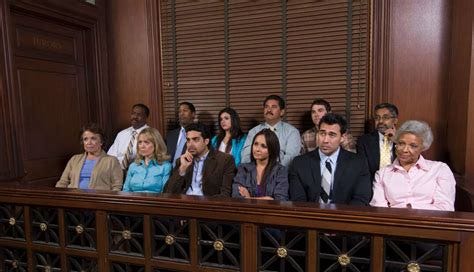I don’t know but I think…
1) We won't find out who the perps are until they're hauled in by functioning courts of law with rules of evidence and all the rest.
2) (1) is within the realm of possibility.
3) The perps will do their best to convince us (1) is not possible, including to the extent of starting pointless wars as distractions.
4) New and different attacks on us will continue until (1).
What this means is that people have to start agitating for prosecutions.
Such prosecutions are unlikely to happen in the current regime. As Cicero said, “In times of war the law is silent.”
So people have to find a way to better control and initiate prosecutions. Seven U.S. States have on the books laws that allow Citizen-Initiated Grand Juries. Once a petition threshold, which varies by state, is reached, local prosecutors are required by law to convene grand juries to investigate.
Citizen Grand Juries are an important way for We The People to rein in a rogue government. We certainly have a rogue government.
A case for every assault or murder by medical mandate warrants a prosecution. Even if guilty verdicts are not brought in, the discovery process will uncover essential truths and this is vital.
Recently, in Montana, a Bill facilitating Citizen-Initiated Grand Juries was voted down. Was any pressure brought to bear?
The Flathead Beacon, a news outlet owned by Maury Povich, who was made wealthy by Rupert Murdoch, smeared the bill, by portraying it as an anti-democratic tool of the “right wing”.
Was the Murdoch organization behind the effort to kill the bill?




"In the US during the early 1990s, the Republican majority in Congress sought, as part of its ‘Contract with America’, to roll back many of the environmental protections enacted in previous decades. The executive was able to portray this initiative to the public as a ‘sell -out’ to corporate interests and defeat it. During the same period, industry groups mobilised to try to soften the broad, prescriptive, and detailed scheme of environmental regulation that had developed over the previous two decades. With a focus on tradeable permits and voluntary compliance with emission reduction goals, these efforts resonated with a general preference amongst the American public for moving control from the federal government to the state and local level. The Clinton administration sought to channel this appetite for change into a ‘reinvention’ of the federal government. In environmental regulation, this led to the ‘Common Sense Initiative’ (negotiated regulation for specific industries), the ‘Environmental Leadership Program’ (incentives to develop environmental management systems) and ‘Project XL’ (site- specific and industry-developed alternative compliance plans). These were broadly ‘reflexive’, meaning that they hoped to make individuals and firms internalize environmental norms rather coercing them into making more environmentally positive choices, an approach which will be explained more fully in the next section. This change in focus was driven by the claim that the machinery of government is too information- poor, resource-limited, and slow-moving to deal with dynamic organizations and marketplaces and will often stymie innovation. Reflexive law is ‘a distinct and independent conception of law’, renouncing standards and targets in favour of communication and structural supports for contemplation. "
https://www.academia.edu/73834899/Rethinking_Reflexive_Law_for_the_Information_Age_Hybrid_and_Flexible_Regulation_by_Disclosure
"In theory, the grand jury is supposed to act as a check on the government
...
Prior to the emergence of governmental prosecution as the standard model of American criminal justice, all grand juries were in fact "runaways," according to the definition of modern times; they operated as completely independent, self-directing bodies of inquisitors, with power to pursue unlawful conduct to its very source, including the government itself."
-from:
IF IT'S NOT A RUNAWAY, IT'S NOT A REAL GRAND JURY
https://constitution.org/2-LawRev/roots/runaway.htm